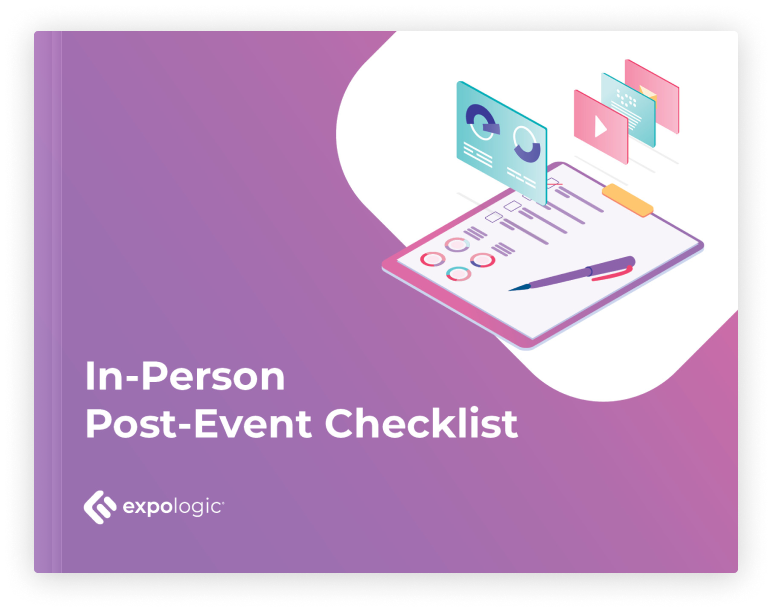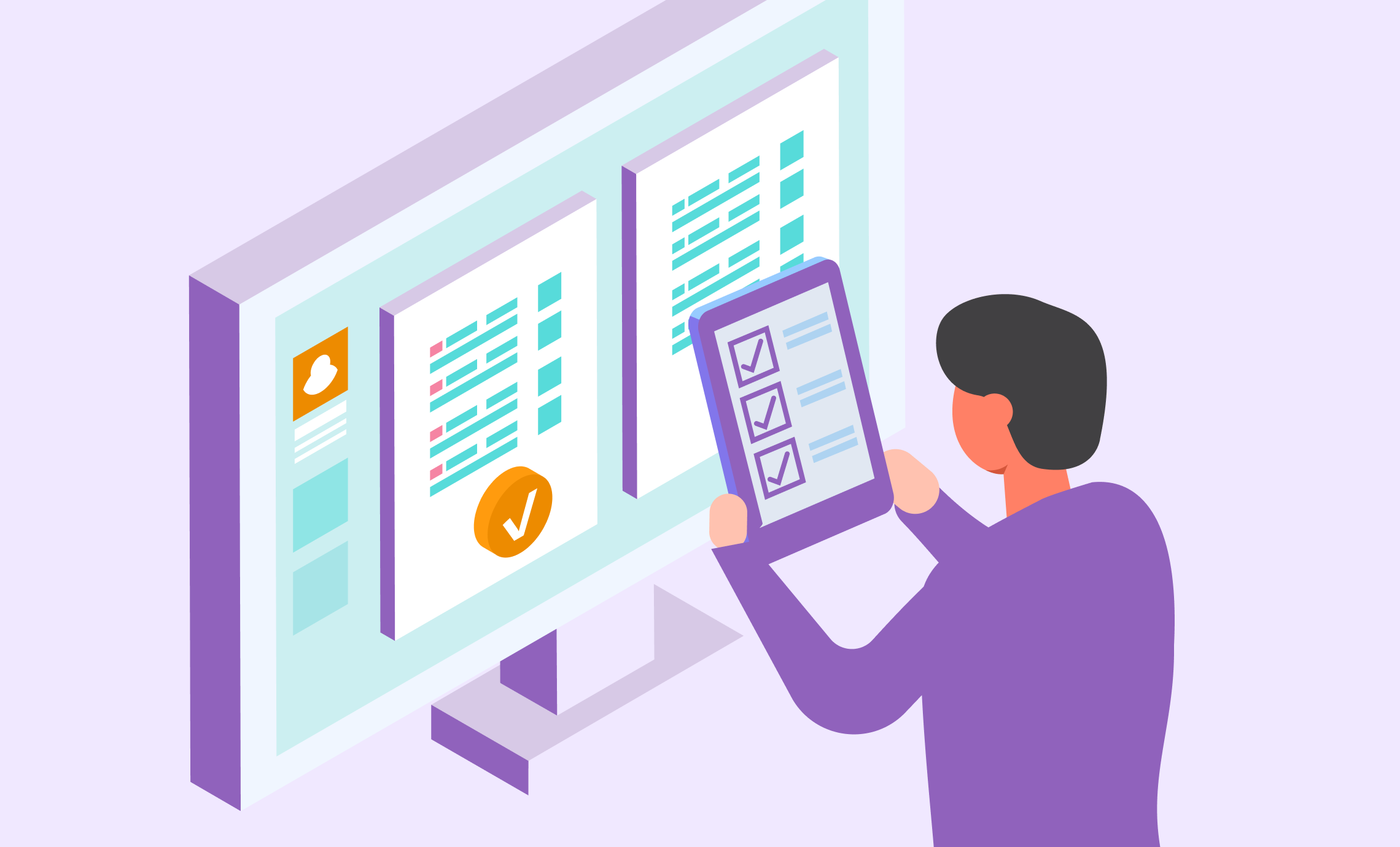While your event, trade show or conference can help you achieve specific objectives like generating revenue, networking with current and potential customers or promoting your brand, it can also serve another purpose. You can collect data from attendees, providing future value for your business.
The registration and check-in processes and other event stages enable you to gather critical information about the attendees, their organizations and why they chose your event over others. The methods you use to attain and manage the data will directly impact its accuracy, relevance and usefulness.
Advantages of event data management
The benefits of collecting data at event check-in and other locations include:
- Eliminating guesswork: Attendees typically have specific expectations from an event. Collecting data helps you understand their value and tailor the sessions accordingly. You’ll significantly reduce the costly risks of making incorrect or misguided decisions.
- Reducing costs: Staging an event can be expensive, especially for organizations with tight budgets. Use your collected data to streamline your offerings, ensuring you provide what attendees want and eliminate unpopular features.
- Increasing sales: By giving attendees what they want and need, you’ll make the event more attractive and encourage them to purchase tickets. Collecting relevant data can help you achieve this objective.
- Drawing bigger and better sponsors: If you rely on other companies to sponsor your events, you can provide them with crucial attendee demographics that make the event more compelling. They’ll know they’re gaining exposure to many potential business partners.
- Increasing event planning efficiency: Planning an event takes time and requires close attention to detail. Collecting data at all your events can streamline the process by eliminating some of the more time-consuming preparation steps.
Choose the correct data collection tools
Effective event data management requires using the appropriate tools for gathering information.
As technology evolves, organizers have more options available to collect the data quickly, efficiently, and affordably.
Questions to answer when determining the best collection tools for your requirements include:
- What is your goal — what do you hope to achieve via the collection process?
- What types of information do you want to accumulate?
- Do you prefer an active (asking attendees for feedback directly) or passive (more observational and less intrusive) approach?
- How do you plan to segment and analyze the data?
Collecting data at event check-in and everywhere else
Resources are available for every phase of the attendee’s journey, including registration, check-in, execution, and post-event.
Registration
The registration process offers ample opportunities to obtain valuable information. These days, most organizations enable attendees to pre-register online to save time and reduce human contact. Create a targeted contact form where registrations provide key demographic data and other metrics you can access via a user-friendly dashboard.
Event registration software is also available to provide more insight and a deeper understanding of the data. You can even use it to communicate with registrants by sending alerts, reminders and email messages to their computers or mobile devices.
Check-In
Setting up a contactless event check-in process gives you another chance to gather data. Downloadable event apps allow attendees to enter with a scannable QR code. You’ll know who attended and when they arrived, helping you gauge the success of your promotional efforts by calculating the percentage of registrants vs. actual attendees. Badges and facial recognition technology are examples of other helpful event check-in tools.
Execution
Attendee tracking software enables you to monitor attendees as they move through the event. You’ll discover which sessions are the most popular and may require tweaking for better performance at future events. You may also uncover ways to speed up the traffic flow to improve the experience. You’ll accomplish these objectives without making direct contact with the attendees.
Post-Event
Gain valuable feedback from attendees using event management software. You can keep the communication lines open after the event and get the information you can use to make improvements. Encourage attendees to stay in touch via social media and other platforms.
Implement your own event data management tools
At Expo Logic, we’re experts in the event data management process during events. We offer an extensive array of advanced event technology solutions, including data collection tools to help you create a more meaningful experience for attendees. Our team focuses on contactless options that increase comfort and provide more peace of mind.



